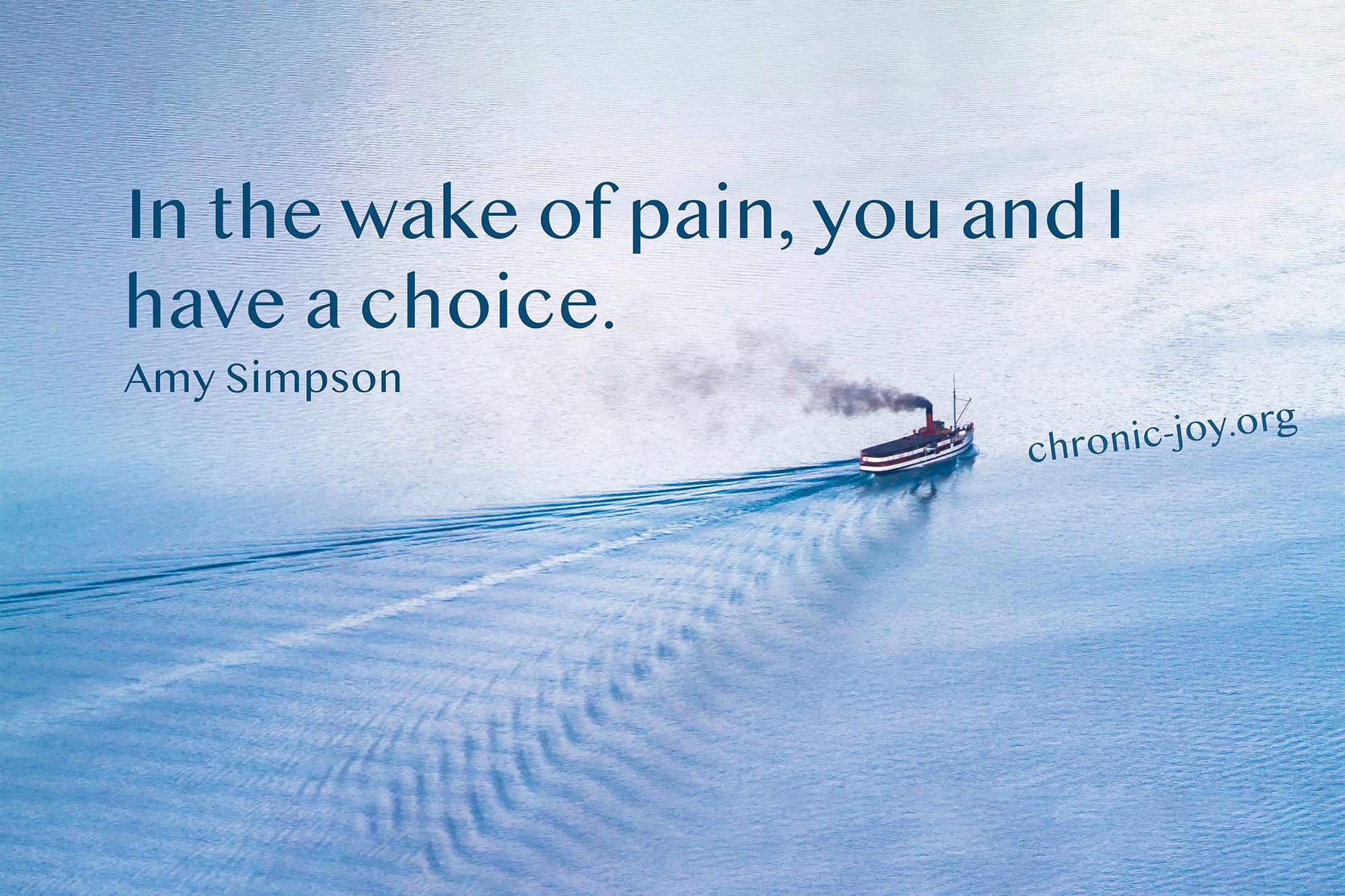
“In the wake of pain, you and I have a choice.” (Amy Simpson)
It Seemed Like A Good Idea
It seemed like a good idea at the time. They would borrow the camping gear collecting dust in the garage, then head to the mountains to enjoy a night under the stars – two college buddies enjoying the great outdoors.
Trevor, the young man who would later become my husband, grew up in Colorado. His dad loved the outdoors, and the family had a collection of camping equipment they would use from time to time on mountain getaways. His friend Jim, who grew up in Chicago, was visiting during summer break. A camping trip to the mountains was a must-do.
The day was warm, but the alpine air hinted the chill to come when nighttime temperatures might dip below freezing, so the two young men wisely planned to set up their campsite first thing. They found a campground in the forest and pulled out the dusty supplies they had packed.
That’s When The Problem Unfolded
Literally.
The heavy canvas-and-wood tent Trevor had found, carefully folded and stored in the garage at home, was older than the hills and apparently manufactured by some long-gone generation that had failed to pass along its wisdom and ways of thinking. He had no idea how to transform it from an unwieldy pile of fabric and sticks into a passable shelter for the night, and despite Jim’s best efforts to help, he couldn’t solve the puzzle either.
With no better alternative, they bravely tackled the challenge and wrestled the materials into a tent-like shape that would never stand on its own. So they tried another approach, producing something more like a boat. Yes, they tried every configuration they could envision, and nothing worked. They were still staring at an awkward, stubborn pile of canvas and poles.
UNEXPECTED KINDNESS AND HELP
Just when these two unhappy campers thought they might have to simply crawl under the fabric for the night, help arrived in the form of a middle-aged couple who had been watching the show from another campsite. “You fellas look as if you could use some help,” they said. Incredibly, they knew exactly what to do. To be nice, they let the boys help a little as they quickly and efficiently brought order from chaos and fashioned the mass of materials into an actual tent. It was old, had a bit of a funny smell, and wasn’t very breathable, but it was sturdy – and it was shelter.
Profoundly grateful, Trevor and Jim thanked their rescuers, who seemed to want to linger and chat. They talked for several minutes, with the older couple asking a lot of friendly questions. They asked if the guys needed anything else, if there were any other ways they could help – and they invited Trevor and Jim to come to their campsite later for a home-cooked dinner. Exhausted and famished from their labors, they accepted.
After the couple left, Jim commented on how genuinely nice they seemed and how generous they were. Highly intuitive and destined for a career in psychology, Trevor made a guess: “I’ll bet they had a son who died young.”
Later, over dinner, sitting around the fire and eating from bowls of stew, they discovered he was right. The couple shared their story of agonizing loss – their son had been about the same age as Trevor and Jim when he died.
In The Wake of Pain
This mother and father had been heartbroken. They had lost a child – one of the most tragic forms of suffering. Yet they had not allowed their pain to close their hearts. Instead, they had let it make them hospitable, generous, and helpful.
In the wake of pain, you and I have a choice. We can let our pain fool us into believing we are the only ones who have suffered or as an excuse to stop doing hard things. We can refuse to deal with it, covering it with smiles or things that make us feel good or lies we tell ourselves – or we can let it soften us and make us more open to others. It can make us more aware of what others need from us – and we can decide to respond by offering what we can.
Pain can take a lot from us, including happiness, the energy to focus, and even portions of our personalities. Pain does not, however, take away our freedom of choice. Perhaps while we’re suffering (or perhaps long afterward), we can choose how we will respond to our experiences.
The Pain of Mental Illness
This is as true for the pain of mental illness as it is for anything else. I write and speak a lot about how individuals and organizations (notably churches) can do more to support and promote healing for people with mental illness and their loved ones. Those of us who have been affected by this kind of pain have our own choices to make. We can hide – or be open with our stories for the sake of others who need to know they’re not alone.
We can let anger rule our interactions with others and God or practice forgiveness and faith, absorbing our pain into a new sense of purpose. Yes, we can embrace victimhood (believing the lie that survival produces weakness rather than strength) and pull others into the mire of self-pity – or we can tap into the toughness that endurance has put at our fingertips and step into our power to heal, to tell the truth, and to engage in life with the fullness of who we are.
What has pain produced in you? What will you do with it?
First published May, 2017 at AmySimpson.com. Published with permission.


Amy Simpson
Award-Winning Author
Amy is the award-winning author of Anxious: Choosing Faith in a World of Worry, Blessed Are the Unsatisfied: Finding Spiritual Freedom in an Imperfect World, and Troubled Minds: Mental Illness and the Church’s Mission. She’s also an editor for Moody Publishing.
FINDING PURPOSE: Rediscovering Meaning in a Life with Chronic Illness
What if purpose looks different than we believe?
In this 10-chapter study, author Cindee Snider Re invites participants to release cultural and traditional definitions of purpose and, instead, embrace God's timeless definition rooted in His Word and as refreshing as a gentle spring rain.


Recent Comments